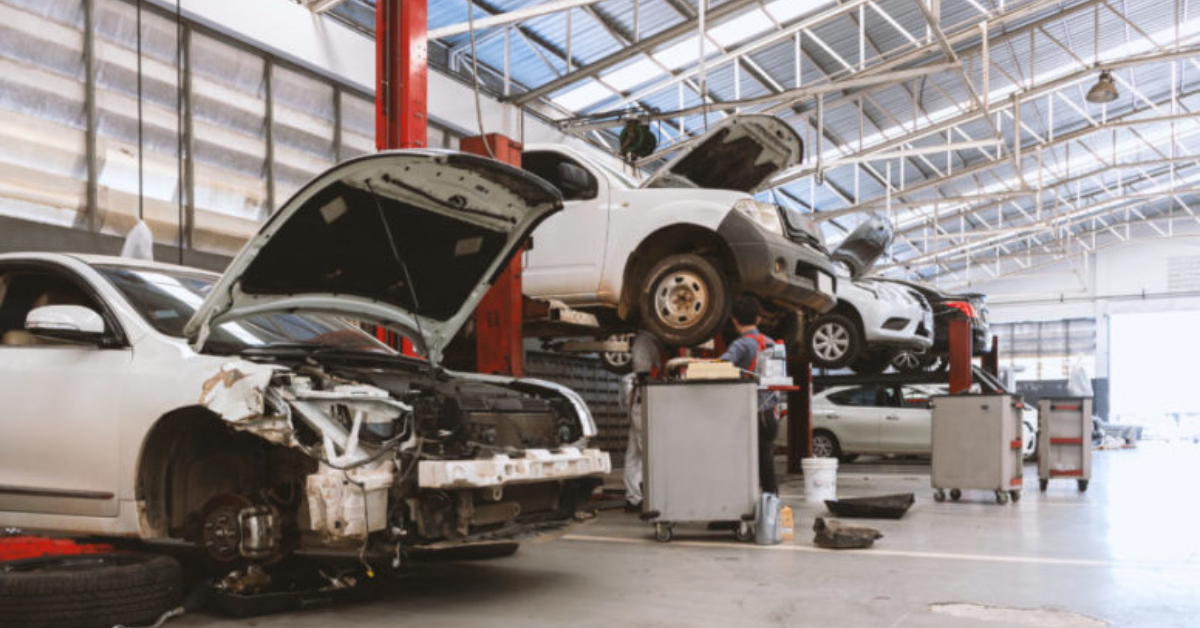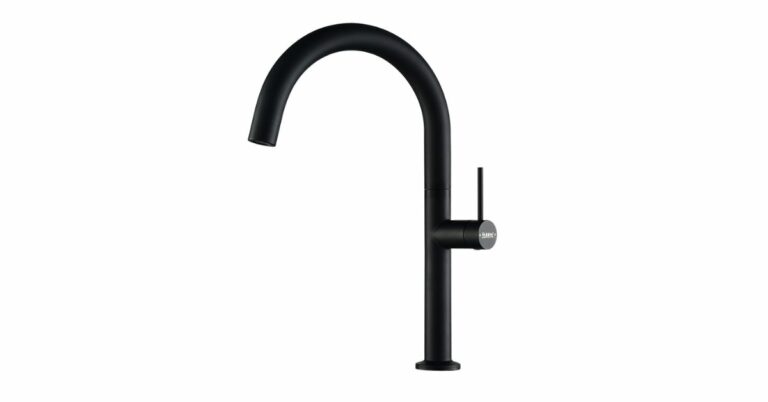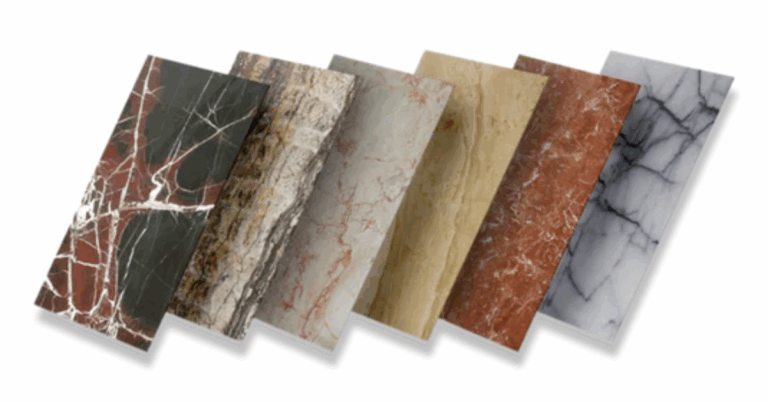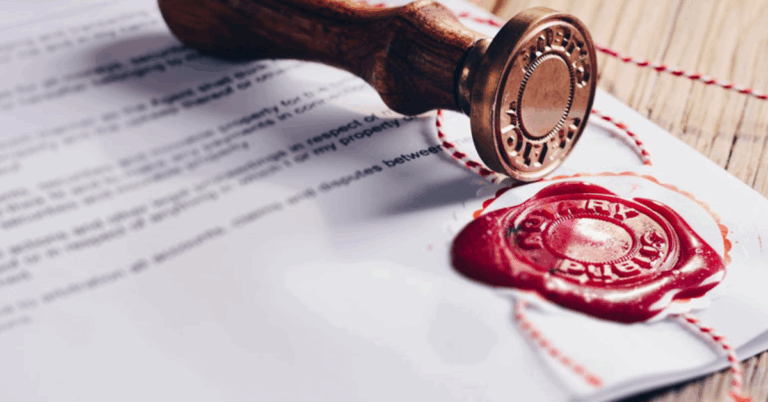Car Accident Repair in Grand Ledge: What You Need to Know
A car accident can be a stressful event—dealing with tow trucks, insurance agents, and the uncertainty of what happens next. If you’re in Grand Ledge, Michigan, or nearby, knowing your options for Car Accident Repair Grand Ledge and what to look for in a reliable shop—can make a big difference in how smoothly things go, how safe your vehicle is afterward, and how satisfied you feel with the whole process. Below are some of the key considerations, and an example of what good repair looks like in the Grand Ledge area.
The Impacts of a Car Accident
When your vehicle is in a collision, even a “minor” hit, there can be damage beyond what’s immediately obvious. Frame misalignment, issues with suspension, compromised safety systems (airbags, sensors), hidden body damage, and paint or rust problems are all possible. Getting thorough diagnostics—ideally by specialists—is critical.
Key things to inspect after an accident:
-
Structural integrity (frame, chassis)
-
Mechanical components (steering, wheels, suspension)
-
Safety systems (airbags, seat belts, sensors)
-
Cosmetic & finish damage (body panels, paint, glass)
Sometimes what looks purely cosmetic can hide underlying issues, like moisture intrusion or weakened mounts, which may lead to bigger repair bills later or safety concerns.
What To Look for in an Accident Repair Shop
Not all auto body shops are created equal. Here are features and practices you should look for when selecting a repair facility in Grand Ledge or surrounding areas:
-
Experience & Reputation
-
A shop with many years in business is more likely to have seen a wide variety of damage and knows how to deal with unusual or hidden problems.
-
Check customer reviews (online, local word-of-mouth), and see examples of their past work if possible.
-
-
Certifications & Training
-
Technicians who are certified in collision repair, frame straightening, paint matching, and vehicle safety systems are better equipped to bring your car back to safe, pre-accident condition.
-
Shops that keep up with modern auto technology—driver assistance systems, sensors, and lightweight materials—are often more trustworthy.
-
-
Facility & Equipment
-
A well-equipped shop with modern tools (frame machines, computerized measuring systems, paint booths) helps ensure precise work.
-
Does the shop have room for larger vehicles, good ventilation, and proper drying/painting technology?
-
-
Insurance Compatibility
-
Ideally, the shop works with all major insurers, helps with estimates, and handles paperwork. This makes your life easier.
-
Transparent pricing and clear communication about what insurance will cover versus what you may need to pay is essential.
-
-
Customer Service & Convenience
-
Drop-off, pick-up hours, loaner or shuttle vehicles, updates on progress, and a friendly staff make a huge difference in how stressful or smooth the repair process feels.
-
Estimates should include drop-off instructions, timelines, and what to expect at each stage.
-
-
Specialized Services
-
Some shops in the region offer restoration (for antiques or classic cars), fleet repair if you have multiple vehicles, hail or deer impact repair, or other specialty services. If you need such services, pick a shop that has expertise in that niche.
-
How Car Accident Repair Works in Practice
Here is a general flow of how the repair process tends to work, when handled well:
-
Initial inspection & estimate
After the collision, you bring your vehicle in—or the shop arranges pickup—so that the damage is assessed. This includes both visible and hidden damage. A detailed estimate is produced, often in consultation with the insurance company. -
Towing / Drop-off
If the damage makes the car undriveable, arrangements are made for safe transport to the repair facility. Many shops provide instructions or help for drop-off to avoid further damage. -
Disassembly & damage verification
To assess all damage, parts may need to be removed (bumper covers, panels, trim) so the techs can see what’s behind or beneath. This step often reveals additional repair needs. -
Structural/frame repair
If the frame or vehicle structure is damaged, it is straightened or repaired to factory specifications using specialized tools and measurement systems. -
Mechanical repair
Suspension, steering, brakes, sensors, and safety systems are addressed. Replacing airbags or sensors may be required. -
Body work & panel replacement
Damaged panels are either repaired or replaced. Alignment, gaps, fitment, and finish are critical here so that everything fits and looks right. -
Painting & finishing
Paint matching, priming, sanding, finishing coats, clear coats. Also polishing, blending, sometimes adjusting color if needed. If the shop has a good paint booth and technicians, final finish will be better (durability, color consistency, gloss, etc.). -
Quality control & delivery
Before handing the car back, shops should test drive, inspect for defects, ensure safety systems are working, and ensure you are satisfied with how it looks and performs.
Case: A Quality Collision Repair Shop in Grand Ledge
In Grand Ledge, there are a few shops known for doing excellent collision repair. One in particular has been in business for many decades, with more than 50 years of experience. Their facilities are well-equipped to handle just about any repair, from small dents to full structural rebuilds. Some features worth noting:
-
They service all kinds of vehicles: passenger cars, trucks, even semi-tractors. So whether your vehicle is small or large, you’re likely to find technicians suited to the job.
-
They offer additional specialty services like restoration and services for fleet vehicles, which indicates a breadth of expertise.
-
They emphasize working with all insurance companies, which helps relieve a lot of the stress and paperwork burdens that often fall on the car owner.
-
The staff generally provides clear drop-off instructions and keeps communication open throughout the repair process, helping the customer understand what is happening and what to expect.
Tips for Someone Who Has Just Had an Accident
If you’ve been in a car accident and need repair services, here are some tips to make sure you end up with a safe, good-looking vehicle and avoid surprises or extra costs:
-
Take photos at the accident scene: All angles, closeups of damage, interior, wheels, undercarriage if possible. This helps in making claims and verifying damage.
-
Ask about hidden damage: Make sure your estimate includes checking under-body, under panels, frame alignment, and mechanical systems.
-
Get multiple estimates: Compare what shops are quoting, what parts (OEM vs aftermarket) they will use, and what their timelines are.
-
Confirm certifications/training: As things like sensors, cameras, and driver-assistance tech become more common, you want a shop that knows how to calibrate these.
-
Expect time: Depending on how severe the damage is, realistically plan for days or weeks of repair. Painting and finishing alone can require waiting for weather, proper curing, etc.
-
Ask questions: What parts are being used? Will your insurance cover certain repairs or replacements? What warranty does the repair shop offer on their work?
Why Quality Repair Matters
-
Safety: Misaligned frames, improperly installed safety systems, or faulty repairs can put you and your passengers at risk.
-
Value retention: A vehicle repaired well holds its resale or trade-in value much better. Shoddy repairs show up as uneven panels, peeling paint, poor fit, or lingering mechanical issues.
-
Durability: Good repair work will last. Proper painting, undercoating, rust protection, fitting parts properly means fewer issues down the road.
-
Peace of mind: Knowing the shop you picked is thorough, professional, transparent—and that your vehicle is safe—reduces stress.
Conclusion
If you’re in Grand Ledge and need car accident repair, choosing a reputable shop with the right equipment, experience, and customer service can make all the difference. From detailed inspections to working with your insurance to doing the final finishing work with care, each step matters. Whether the accident involved minor dents or more serious structural damage, investing in a shop that does the job well pays off in safety, value, and satisfaction.







